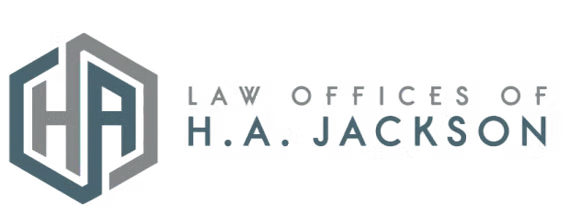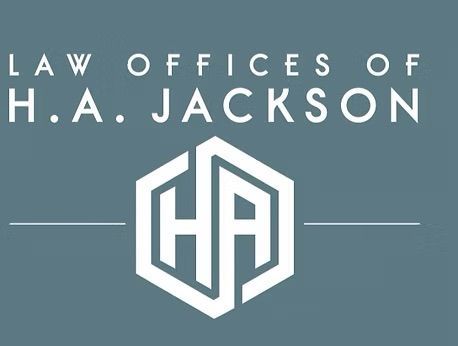Understanding the 3 Types of Personal Injury Damages
Apr 15 2025 15:00
Understanding personal injury damages is crucial for anyone involved in such cases. Navigating the complexities of these damages can ensure that individuals seek fair compensation for their suffering. Essentially, there are three main types of damages one may be eligible for: economic, non-economic, and punitive damages. This blog will delve into each type to help you understand how they work.
Punitive Damages
Punitive damages go beyond mere compensation and aim to punish the defendant for egregious misconduct. These damages are rare but serve as a strong deterrent against future reckless behavior. For instance, a corporation knowingly selling defective products or cases involving gross negligence or intentional harm may warrant punitive damages. Typically, punitive damages are awarded in addition to economic and non-economic damages.
Economic Damages
Economic damages are tangible costs directly tied to an injury and are relatively straightforward to quantify and prove with the right documentation. Key examples of economic damages include medical bills, lost wages, rehabilitation therapy, property damage, and lost earning capacity. Additionally, future expenses, such as ongoing treatment and future lost wages, fall under this category.
Non-Economic Damages
On the other hand, non-economic damages compensate for intangible losses. These include pain and suffering, emotional distress, loss of enjoyment of life, and loss of consortium, which pertains to the impact on relationships and companionship. Unlike economic damages, non-economic damages are more challenging to quantify and often require legal expertise to determine fair compensation.
In summary, understanding the three types of personal injury damages is vital for seeking just compensation. An informed approach can significantly impact the outcome of your case. To ensure you are taking the right steps, consult with our law firm to guide you through the process and improve your chances of receiving fair damages.

